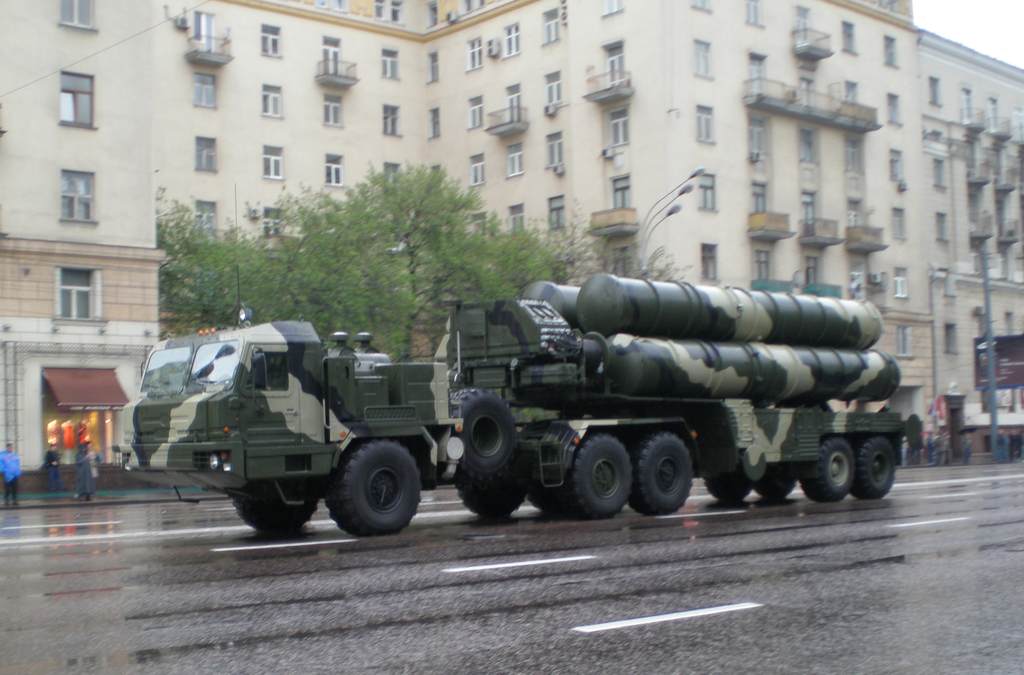Weekly Snapshot
27 January – 2 February
1. The INF treaty is dead
After the United States’ formal withdrawal from the Intermediate-range Nuclear Forces treaty last week, Russia followed suit. The United States’ stringent adherence to the INF treaty has limited the development of new missile systems by the US military. However, with the fall of this treaty, the United States is free to develop nuclear and conventional ground-launched ballistic and cruise missiles with ranges of 500 to 5,500 kilometers.
Russia’s loose adherence to the INF treaty was a political move by the Kremlin in order to get a head start in the 21st-century arms race that is transpiring between Russia and the United States. The Russian Federation hadn’t followed the treaty for years and was using and manipulating the United States’ strict view on foreign treaties in order to advance their defenses faster than the United States.
Russia has accused the US of opportunism, claiming the US used false means to back out of the treaty to boost their military. In reality, Russia’s own violations of the treaty were the justification for the US’s withdrawal. Russia denies they broke the treaty; however, the United States accuses them of developing the 9M729 missile system that can shoot a missile over 500km, which would break the treaty.
2. Increasing Attacks from Al-Shabaab
Despite being localized to West Africa and striking primarily in Somalia and Kenya, the terrorist organization Al-Shabaab remains one of the deadliest terrorist organization in existence, while managing to go largely unnoticed by the world.
This week they killed 11 people in a car bombing in Mogadishu as part of their armed protests against the Western-backed central government. Last month, in protest of Kenyan troops in Somalia, Al-Shabaab went on a shooting spree in a hotel in Kenya that killed 21. Unless more support is gained in defeating this Al-Qaeda affiliate, then attacks are sure to continue, and lives will be lost.
Media coverage is minimal since these attacks don’t generally affect the western world. The hotel attack did not gain widespread attention until it was found out that a lone British SAS operator stormed the building and helped minimize the damage done.
3. Military intervention in Venezuela “an option”
In an interview this weekend, Donald Trump stated that military intervention was “an option” in dealing with Venezuela’s political situation. This stark change in American foreign policy shows the president’s new stance on foreign powers and how the United States deals with them.
Venezuela’s government has been under scrutiny after the former president Maduro used illegal means in order to win Venezuela’s election. This, paired with mismanagement of their economy, has resulted in several mass protests by the people. Due to the political issues, leadership was turned over to the President of the National Assembly of Venezuela, Juan Guaido. This has raised international attention with countries supporting both sides.
After President Trump’s speech, Russia was quick to criticize. “The international community’s goal should be to help (Venezuela), without destructive meddling from beyond its borders,” said Alexander Shchetinin, head of the Latin America department at Russia’s Foreign Ministry.
4. Trouble with NATO funding
The German Finance Minister Olaf Scholz doubts that Germany will be able to pay their portion to NATO by 2024. Chancellor Merkel proposed in 2018 that Germany will pay 1.5% of their GDP to NATO by 2024. This is already a reduced number as the general agreement reached in 2014 was that each country contributes 2% of their country’s GDP by 2024. Spending from the Germans will likely be around .2% lower than the 1.5% promised by Chancellor Merkel last year. Without funding, NATO is not effective, and it is likely that the United States will be looked on to make up the difference. Rising costs and a determined Russia make NATO’s mission more important than ever.






 PAI is a think tank devoted to research and analysis of political, philosophical, economic, social, and cultural issues from a uniquely Midwestern perspective. We are grounded in the principles of classical conservatism, which has roots in the very foundation of Western civilization and the classical period.
PAI is a think tank devoted to research and analysis of political, philosophical, economic, social, and cultural issues from a uniquely Midwestern perspective. We are grounded in the principles of classical conservatism, which has roots in the very foundation of Western civilization and the classical period.